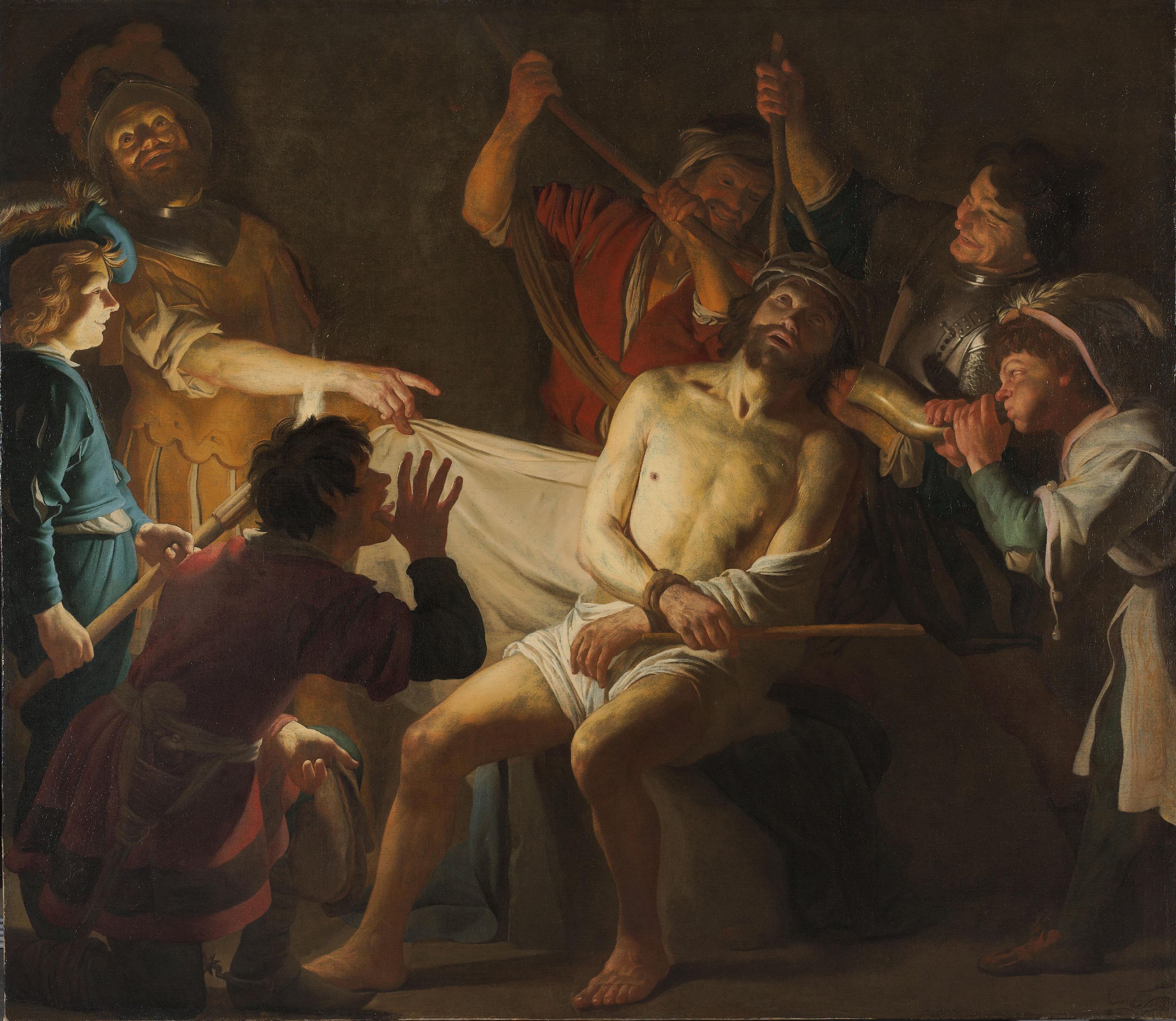
5 minute read
Christ's Suffering
As a lifelong fan of Minnesota sports teams, I feel like I have endured my fair share of suffering. Year after year I have watched my favorite team clutch defeat from the jaws of victory in some new, historic, heartbreaking manner. But as far as suffering goes, watching your favorite teams lose in a humiliating fashion is about as inconsequential as it comes.
But the examples of suffering that Scripture shows us are never inconsequential. The Israelites suffered in captivity in Egypt. They were burdened with hard and difficult labor and were treated ruthlessly. Elijah suffered at the hands of Ahab and Jezebel. His suffering was so great that he asked God to let him die. “It is enough,” he said, “now, O Lord, take away my life, for I am no better than my fathers” (I Kings 19:4b). And we cannot speak of suffering without mentioning Job, who was “blameless and upright, one who feared God and turned away from evil” (Job 1:1). Even this righteous man suffered. He lost his property, he lost his children, he lost his health, and his friends accused him of bringing this upon himself by turning away from God. And there are countless others whose suffering could be mentioned. We endure suffering in this life.
When God created the world, he did not intend for us to suffer. Everything that God created was good. So where did suffering come from? It was the sin of Adam and Eve that brought suffering to creation. After Adam and Eve had eaten of the fruit, God said to Eve, “I will surely multiply your pain in childbearing; in pain you shall bring forth children. Your desire shall be contrary to your husband, but he shall rule over you” (Genesis 3:16). And to Adam God said, “Cursed is the ground because of you; in pain you shall eat of it all the days of your life; thorns and thistles it shall bring forth for you” (Genesis 3:17b–19a). Because of their sin, Adam and Eve and all their descendants would now have to suffer. We suffer because of sin: sometimes because of our own sin, sometimes because we live in a sinful and broken world.
But Jesus was not a sinner like us. Jesus was tempted in every respect yet without sin (Hebrews 4:15). Why did Jesus have to suffer?
On Easter morning, two of Jesus’ disciples probably had this same question. Luke 24 tells us that these disciples were traveling from Jerusalem to Emmaus, and they were talking about the things that had recently taken place. Jesus appeared to them (though they were kept from recognizing him) and walked with them. And Luke says that they were sad because they had hoped that Jesus was the Messiah. Even though they had heard the report of the empty tomb and of the angel declaring that Christ had risen from the dead, they were sad. They were sad because this man they believed to be the Messiah had suffered and died. Here then, on this road, Jesus helped them to see that his suffering was necessary. “O foolish ones,” he said, “and slow of heart to believe all that the prophets have spoken! Was it not necessary that the Christ should suffer these things and enter into his glory?” (Luke 24:25–26).
Jesus’ suffering was a part of God’s plan all along. We see that if we return to Genesis 3. Before God tells Adam and Eve of the consequences for their sins, he says to the serpent, “I will put enmity between you and the woman, and between your offspring and her offspring; he shall bruise your head, and you shall bruise his heel” (3:15). There would come a day when God would raise up a singular seed or offspring of the woman. And the serpent would strike the heel of this seed—inflicting pain and suffering. But in this moment of suffering, the seed of the woman would bruise or crush the serpent’s head. This would be a fatal blow to the serpent, and it would come through the suffering of the seed of the woman.
Isaiah 53 gives us perhaps the clearest picture of this suffering in the Old Testament. Here we see a suffering servant—one who would carry our griefs and our sorrows and would be pierced for our transgressions. The suffering and pain that we have earned through our sin, Jesus has willingly taken upon himself. He who was without sin has suffered in our place. “And with his wounds we are healed” (Isaiah 53:5b). This was the will of God from the very moment Adam and Eve sinned: that he might send his Son to suffer the punishment that we deserve, and that through his suffering we might be healed.
Olson serves Grace Free Lutheran, Bagley, Minn. Artwork: “Christ Crowned with Thorns,” by Gerard van Honthorst, 1622, the Rjiksmuseum.










